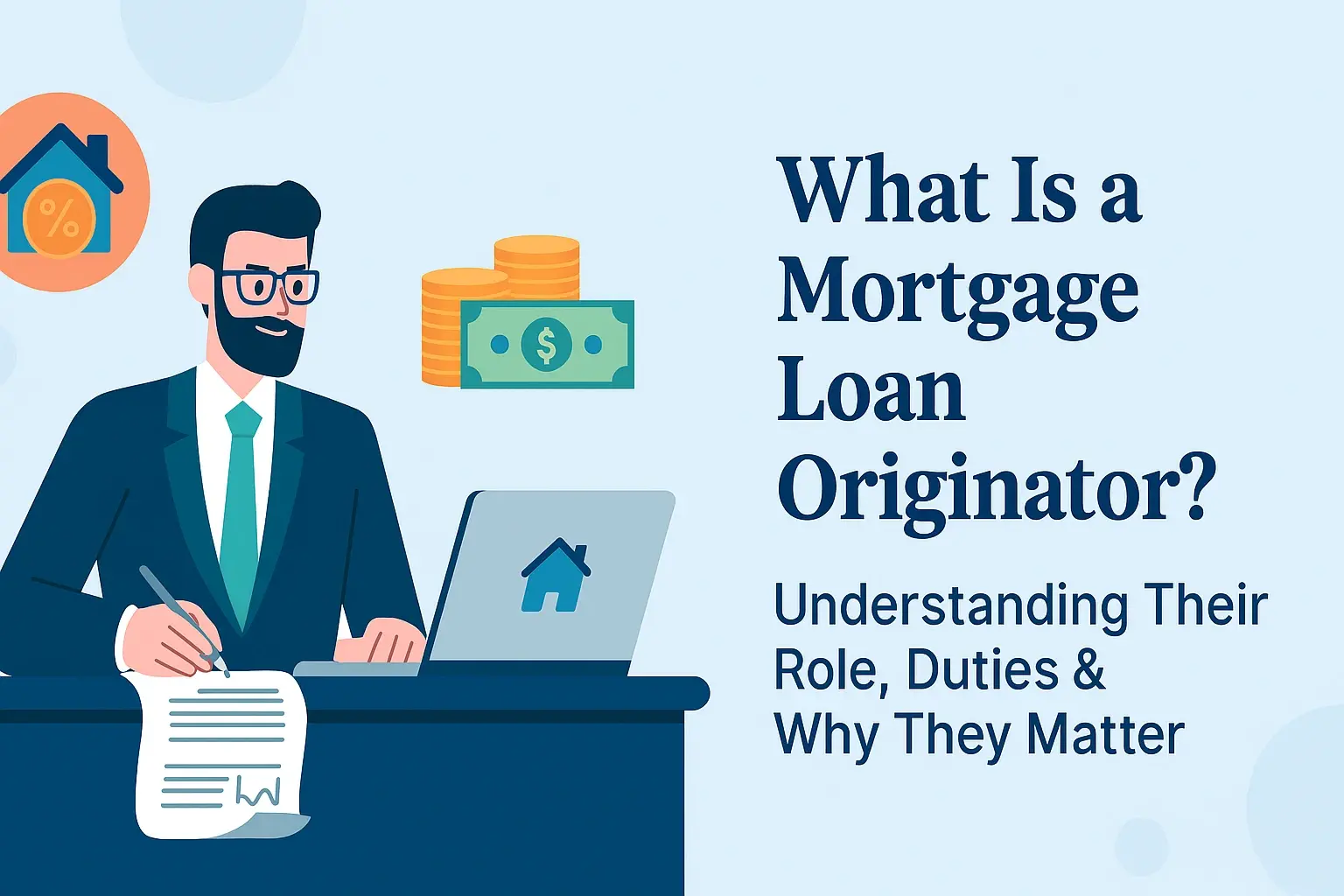-
Posted on: 15 Jul 2024

-
Buying a home is a significant financial milestone, and for many, a $250,000 house represents a substantial but attainable goal. One of the most critical factors determining your eligibility for a mortgage is your credit score. But what credit score is actually needed to secure a loan for a $250,000 house? This comprehensive guide will explore the nuances of credit scores, the different types of mortgages available, and the other financial factors that lenders consider.
Understanding Credit Scores: Your Financial Report Card
Your credit score is a three-digit number that summarizes your credit history and reflects your creditworthiness. It's used by lenders to assess the risk of lending you money. The higher your credit score, the lower the risk you pose to lenders, and the better your chances of securing favorable mortgage terms.
The FICO Score: The Industry Standard
The most widely used credit scoring model is the FICO score, developed by Fair Isaac Corporation. FICO scores range from 300 to 850, with higher scores indicating better credit. Generally, a FICO score of 700 or above is considered good, while a score of 740 or above is considered very good to excellent.
Credit Score Ranges and What They Mean
- 300-579: Poor Credit. This range indicates a high risk for lenders. Securing a mortgage with this score is extremely difficult, and if possible, will come with very high interest rates.
- 580-669: Fair Credit. Getting approved for a mortgage with a fair credit score is possible, but your interest rates will likely be higher. You may also need a larger down payment.
- 670-739: Good Credit. This range opens up more mortgage options and allows you to qualify for better interest rates.
- 740-799: Very Good Credit. You're likely to be approved for a mortgage with favorable terms and competitive interest rates.
- 800-850: Excellent Credit. This is the sweet spot! You'll have access to the best interest rates and mortgage terms available.
What Credit Score is Required for a $250,000 House?
While there isn't a single, universally accepted credit score requirement for buying a $250,000 house, a good rule of thumb is to aim for a credit score of at least 620. However, this is just a minimum, and a higher score will significantly improve your chances of approval and secure you a better interest rate.
Minimum Credit Score Requirements by Loan Type
The specific credit score needed will vary depending on the type of mortgage you're seeking:
Conventional Loans
Conventional loans are not backed by the government and typically require a higher credit score. Most lenders prefer a credit score of 620 or higher for conventional loans, and some may require 680 or higher for the best interest rates. A larger down payment (typically 5-20%) is also usually required.
FHA Loans
FHA loans are insured by the Federal Housing Administration and are designed to help first-time homebuyers and those with less-than-perfect credit. The minimum credit score requirement for an FHA loan can be as low as 500, but you'll need a 10% down payment if your score is between 500 and 579. If your credit score is 580 or higher, you may only need a 3.5% down payment.
VA Loans
VA loans are guaranteed by the Department of Veterans Affairs and are available to eligible veterans, active-duty military personnel, and surviving spouses. VA loans often don't require a down payment and have more lenient credit score requirements. While there is no official minimum credit score set by the VA, most lenders will look for a score of 620 or higher.
USDA Loans
USDA loans are offered by the U.S. Department of Agriculture to help individuals purchase homes in rural areas. Like VA loans, USDA loans typically have more flexible credit requirements. Lenders generally prefer a credit score of 620 or higher, but some may work with borrowers with lower scores if they demonstrate strong compensating factors.
Beyond Credit Score: Other Factors Lenders Consider
While your credit score is a crucial factor, it's not the only one lenders consider when evaluating your mortgage application. They also assess your:
Debt-to-Income Ratio (DTI)
Your DTI is the percentage of your gross monthly income that goes towards paying your debts, including credit card bills, student loans, auto loans, and the proposed mortgage payment. Lenders typically prefer a DTI of 43% or less, but some may be willing to go higher depending on other factors.
Down Payment
The amount of your down payment impacts the loan-to-value ratio (LTV), which is the percentage of the home's value that you're borrowing. A larger down payment reduces the LTV, making you a less risky borrower and potentially qualifying you for better interest rates. For a $250,000 house, a 20% down payment would be $50,000.
Income and Employment History
Lenders want to see a stable and consistent income stream to ensure you can afford your monthly mortgage payments. They will typically require proof of income, such as pay stubs and tax returns, and may verify your employment history.
Assets
Assets, such as savings accounts, investment accounts, and retirement funds, demonstrate your financial stability and can help offset potential risks. Lenders may require you to provide documentation of your assets.
How to Improve Your Credit Score Before Applying for a Mortgage
If your credit score isn't quite where you want it to be, don't despair! There are several steps you can take to improve it before applying for a mortgage:
Check Your Credit Report
Obtain a copy of your credit report from each of the three major credit bureaus (Equifax, Experian, and TransUnion) at AnnualCreditReport.com. Review your reports carefully for any errors or inaccuracies, such as incorrect account information or fraudulent activity. Dispute any errors you find with the credit bureaus.
Pay Your Bills On Time
Payment history is the most significant factor influencing your credit score. Make sure to pay all your bills on time, every time. Consider setting up automatic payments to avoid missing deadlines.
Reduce Your Credit Card Balances
Your credit utilization ratio, which is the amount of credit you're using compared to your total available credit, also significantly impacts your credit score. Aim to keep your credit card balances below 30% of your credit limit, and ideally below 10%.
Avoid Opening New Credit Accounts
Opening multiple new credit accounts in a short period can lower your credit score. Avoid applying for new credit unless absolutely necessary.
Don't Close Old Credit Accounts
Closing old credit accounts, especially those with a long history and a high credit limit, can negatively impact your credit score by reducing your overall available credit.
Become an Authorized User
If you have a friend or family member with good credit, ask if they'll add you as an authorized user on their credit card. This can help you build credit history and improve your score.
Finding the Right Mortgage for Your Situation
Once you have a solid understanding of your credit score and other financial factors, it's time to start exploring your mortgage options. Here are a few tips for finding the right mortgage for your situation:
Shop Around for the Best Rates
Don't settle for the first mortgage offer you receive. Shop around and compare rates and terms from multiple lenders. This can save you thousands of dollars over the life of the loan.
Get Pre-Approved
Getting pre-approved for a mortgage before you start house hunting can give you a clearer idea of how much you can afford and make you a more attractive buyer to sellers. Pre-approval involves a lender reviewing your financial information and providing a conditional commitment to lend you a specific amount.
Consider Your Long-Term Goals
Think about your long-term financial goals when choosing a mortgage. Consider factors like the length of the loan term, whether you want a fixed or adjustable interest rate, and whether you plan to stay in the house for a long time.
Work with a Mortgage Broker
A mortgage broker can help you navigate the complex mortgage landscape and find the best loan for your needs. Brokers have access to a wide range of lenders and can often secure better rates than you could on your own.
The Bottom Line: Credit Score is Key, But Not the Only Factor
While a good credit score is essential for buying a $250,000 house, it's not the only factor lenders consider. By understanding the different types of mortgages available, improving your credit score, and carefully managing your finances, you can increase your chances of achieving your homeownership dreams.











